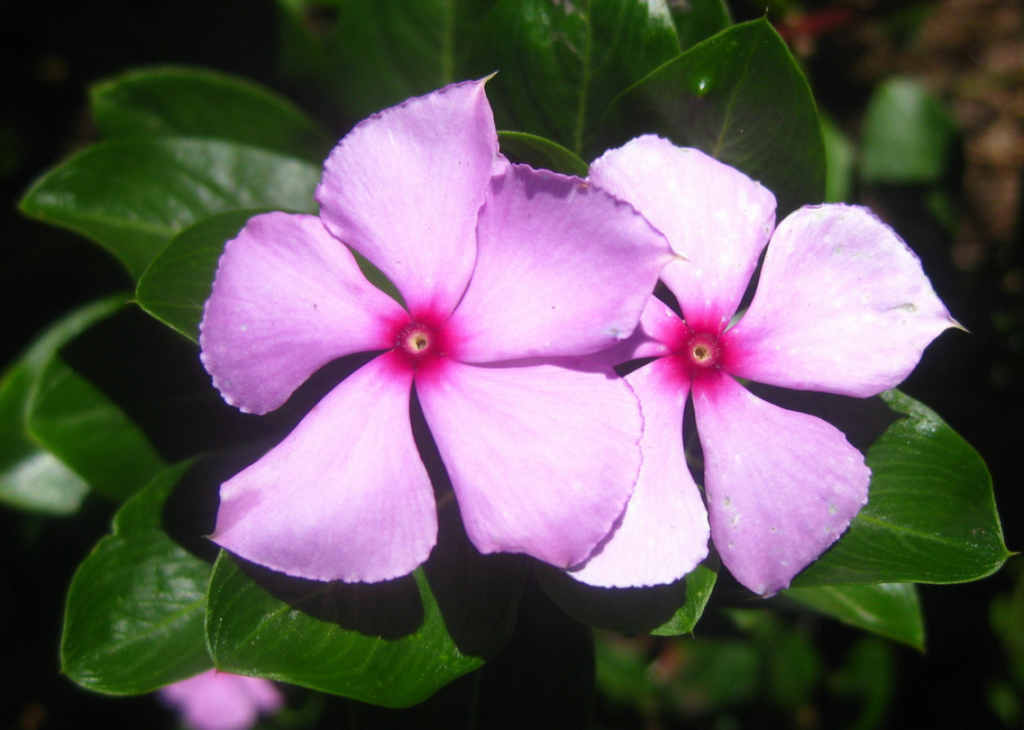By Varun Goyal, deputy news editor
Two Northeastern professors have been awarded a $650,000 grant by the National Science Foundation (NSF) to study genes that regulate the production of cancer drugs in Catharanthus roseus, or the madagascar periwinkle plant.
Carolyn Lee-Parsons, an associate professor of chemical engineering and chemical biology, and Erin Cram, an associate professor of biology, research and study the growth and defense mechanisms of the plant, which is used in chemotherapy drugs.
“[We feel] grateful and privileged that we can invest our knowledge towards understanding this phenomenon which can…potentially impact how to improve the growth of plants,” Lee-Parsons said in an email to The News.
If necessary, the plant will stop its growth mechanism by halting cellular division and, for a short period of time, produce compounds known as alkaloids as a defense mechanism against pathogens and animals.
“Plants have to make wise ‘decisions’ about how they will utilize their resources,” Lee-Parsons said. “Should they invest the resources towards growth and reproduction or towards defense against pests and fungal infections?”
The grant will be used to study how the plant works at a molecular level to regulate whether it is in defense mode or growth mode. Lee-Parsons and Cram plan to study ZCT, a transcription factor that binds DNA sequences and plays a role in the process.
“The plant has to make a lot of amino acids and sugars for growth reproduction,” Cram said. “A lot of these same compounds are used to make the defense compounds. It can’t do both really, so it needs to have a balance between growth and reproduction.”
Two compounds contained in the plant – vincristine and vinblastine – are used as chemotherapy drugs for different types of cancer, including lung and brain cancers. However, these alkaloids are extremely difficult to extract from the plant. If they can figure out how to make the madagascar periwinkle produce these alkaloids, the production of these drugs could be made more efficient.
According to an article released by Northeastern’s College of Science, in order to extract just 28 grams of these alkaloids, 15 tons of dried-out plants would be required. A single kilogram of the alkaloids would cost about $5 million.
There is both a science goal and an engineering goal for the grant’s research, Cram said. The science goal is to better understand the shift from growth to defense and vice versa. The engineering goal is to create a plant culture that is able to produce an increased amount of the alkaloids used in chemotherapy drugs.
“Right now, we grow these bushes in the field and extract the compounds, so the supply is not very stable,” Cram said. “It’d be better if we understood how the plants make the compounds.”
If they do so, they can recreate the compounds and, subsequently, gain a steadier supply without having to grow and harvest the madagascar periwinkle in the field.
“I think the research money is definitely being put into a project that can help us for oncological research,” sophomore biology major Shalin Shetty said. “I think it’s got great potential.”
Photo courtesy Ton Rulkens, Flickr









